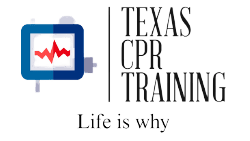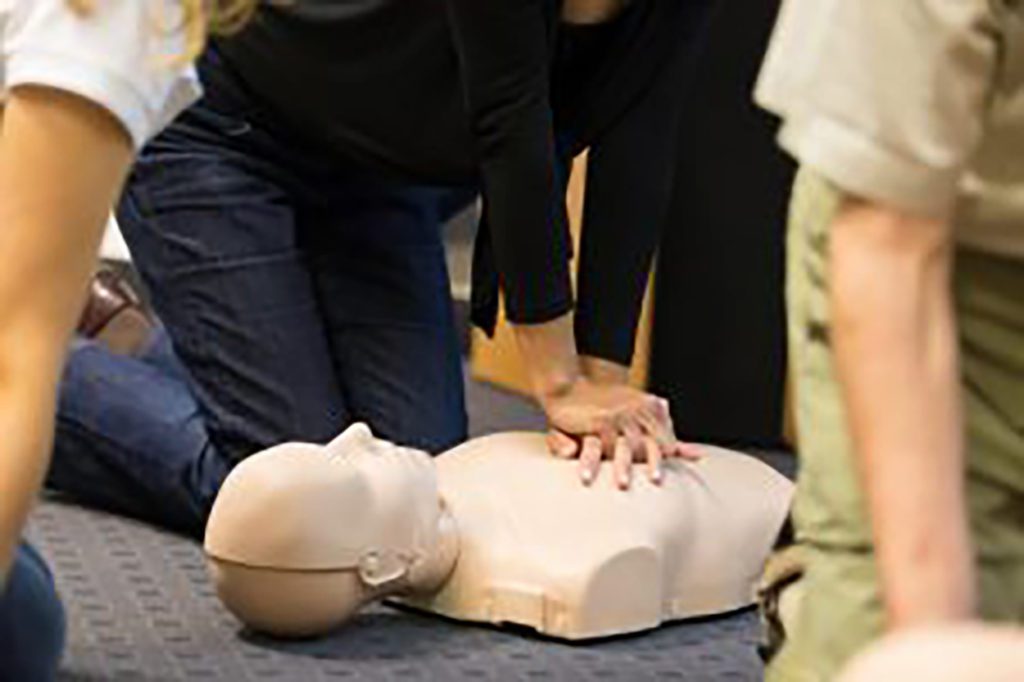CPR Certification for Professionals – Careers that Require CPR Training

Learning CPR and getting certified is one of the most valuable skills that a person can add to their arsenal. It enables you to have the ability to make the biggest difference in a victim’s life when they are stuck fighting for their life.
Being able to react in an emergency situation and with a few simple compressions, you can sustain another human being’s life when no healthcare providers are around. Whether home, work or site seeing in another city, you can help a person suffering from a cardiac arrest maintain their brain function by keeping their heart going.
While getting CPR training should be on everyone’s to-do list, there are certain careers that require CPR certification as a must. In fact, the certification is a prerequisite or condition that needs to be fulfilled in order for you to get the job.
Keep on reading if you don’t know what careers, other than those in the medical professions, require CPR certification as a must.
Medical Careers
All professions within the medical field are an obvious answer to requiring CPR certification. It includes surgeons, nurses, paramedics, EMTs, and physician assistants. For doctors, paramedics, and nurses, CPR training is an added skill that enables them to respond immediately when an emergency situation arises.
This also includes physical trainers and chiropractors who might be required to hold a CPR certificate in order to obtain a license to practice.
Firefighters
Even though paramedics are responsible for providing emergency medical attention, firefighters are usually the first responders in many emergencies. These situations may include drowning, car accident, allergic reactions and fire incidences. In order to respond promptly to any trauma caused by these situations, firefighters need to be CPR certified.
Police/Law Enforcement
Police and law enforcement officers are the ones who come in contact with the public in various instances. Whether they are stationed in public places, strolling among pedestrians or answering a distress call, police come in contact with people more than other emergency personnel. This is why it is essential that they learn how to perform CPR, administer basic life support, and provide first aid.
Lifeguards
Lifeguards are also an obvious answer when it comes to asking who should learn CPR. Their entire job is based on keeping an eye on swimmers to prevent drowning or pulling someone out and saving their life, in case of an emergency. In many instances, new lifeguards are provided training before they start working at a pool or beach.
Child-Care Providers
While cardiac instances among children are not a common occurrence, there is always the danger of them choking on something. This necessitates close supervision. They might also get themselves into other sorts of trouble. This is why many parents and day-care centers make it a point to ask if they are CPR-certified, especially in pediatric/neonatal CPR and BLS.
Personal Trainers
There have been numerous instances where people have suffered cardiac arrests or respiratory emergencies due to overworking their body while exercising. This is the reason why some states require personal trainers to be CPR-certified.
If you have plans to pursue a career in the fields mentioned above, get certified for CPR early on. This way you won’t have to get trained in haste and not learn the skill properly. Texas CPR provides affordable training programs that will equip you with all the essential skills you need to respond to an emergency situation and potentially someone’s life.
Contact us today for an instructor class at 214-770-6872. View our website at www.texascpr.com

